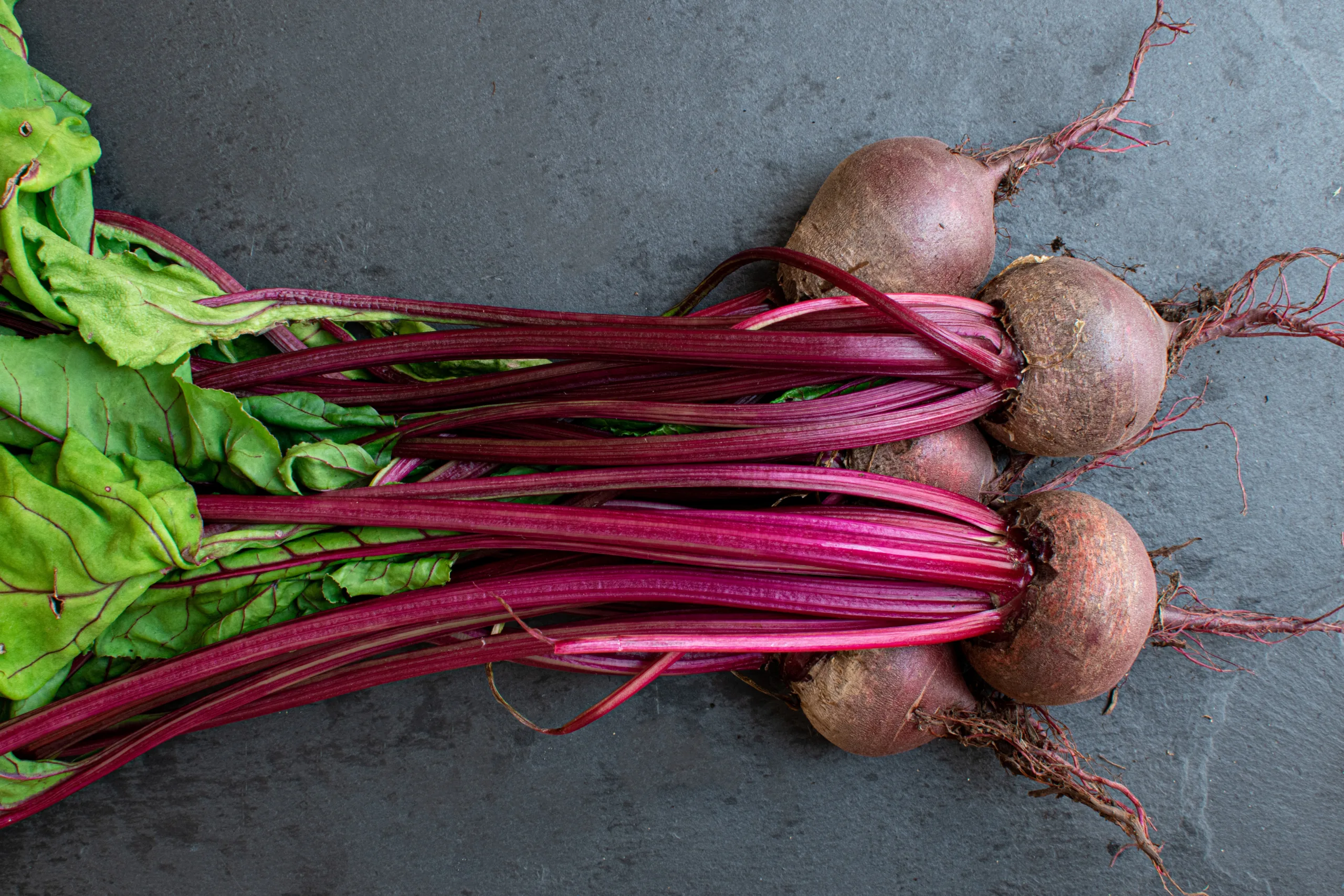Introduction:
As a responsible and caring cat owner, you may often wonder about the safety of certain foods for your feline friend. Beets, with their vibrant colors and nutritional benefits, are a popular vegetable in human diets. However, before sharing any human food with your pet, it’s essential to ensure that it is safe for their consumption. In this article, we will explore whether cats can eat beets, the potential reasons behind a cat’s interest in beetroot, other safe vegetables for cats, and the safety of beet pulp as part of their diet.
For more about cats click here
Can Cats Eat Beets?
Beets, commonly known as beetroot, are a nutritious root vegetable packed with essential vitamins and minerals, including vitamin C, potassium, and fiber. However, while beets are safe for human consumption, it’s crucial to understand that cats have different dietary needs and digestive systems.
Are Beets Safe for Pets?
Cats are obligate carnivores, meaning their diet primarily consists of meat. Their digestive system is not adapted to digest plant-based foods as efficiently as humans. While beets themselves are not toxic to cats, they do not offer significant nutritional value for felines. Additionally, the natural sugars present in beets could potentially upset a cat’s stomach and lead to digestive issues.
Why Would a Cat Eat Beetroot?
Cats may occasionally show interest in nibbling on non-food items, a behavior known as “pica.” Pica can be caused by various factors, such as boredom, stress, or curiosity. If a cat shows interest in beetroot or other non-food items, it’s essential to discourage this behavior and ensure that they have a balanced and appropriate diet.
What Vegetables Can Cats Eat?
While beets may not be the best choice for feline consumption, several vegetables are safe and beneficial for cats when offered in moderation. Here are some vegetables that you can incorporate into your cat’s diet:
- Cooked Carrots: Cats can enjoy small amounts of cooked carrots, which provide essential nutrients like vitamin A and beta-carotene.
- Cooked Green Beans: Green beans are a good source of fiber and can be a healthy addition to a cat’s diet.
- Cooked Pumpkin: Pumpkin is gentle on a cat’s stomach and can be beneficial for digestive health when fed in small quantities.
- Cooked Peas: Cooked peas are rich in vitamins and minerals, making them a safe occasional treat for cats.
- Cooked Zucchini: Zucchini is a low-calorie vegetable that can be served to cats in small, cooked portions.
Can Cats Eat Beet Pulp?
Beet pulp is the fibrous material left behind after sugar beets are processed. It is commonly used as an ingredient in some commercial pet foods, particularly in cat and dog diets. As a source of fiber, beet pulp can aid in promoting healthy digestion in cats. However, it’s essential to note that beet pulp should only be included as part of a balanced diet in commercial cat foods, and it is not recommended to offer plain beet pulp to cats as a treat.
FAQs:
1. Can cats eat beets?
While beets are not toxic to cats, they are not a suitable food for feline consumption. Cats have different dietary needs, and their digestive systems are not adapted to process plant-based foods efficiently.
2. Why would a cat eat beetroot?
Cats may show interest in nibbling on non-food items, a behavior known as pica. This behavior can be caused by boredom, stress, or curiosity.
3. What vegetables can cats eat?
Cats can safely consume certain vegetables in moderation, such as cooked carrots, green beans, pumpkin, peas, and zucchini.
4. Can cats eat beet pulp?
Beet pulp is used as an ingredient in some commercial cat foods and can aid in promoting healthy digestion. However, it is not recommended to offer plain beet pulp to cats as a treat.
As a responsible cat owner, it is vital to provide your feline companion with a well-balanced and species-appropriate diet. While beets may be a delicious and nutritious option for humans, they are not an ideal choice for cats. Instead, consider offering safe vegetables that complement their carnivorous nature and ensure their overall health and well-being. Always consult with your veterinarian before introducing new foods to your cat’s diet to ensure it aligns with their specific nutritional needs.
Click here for more
